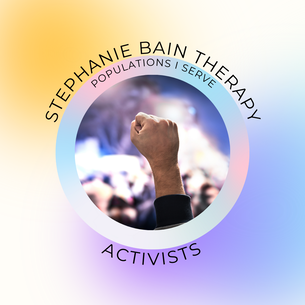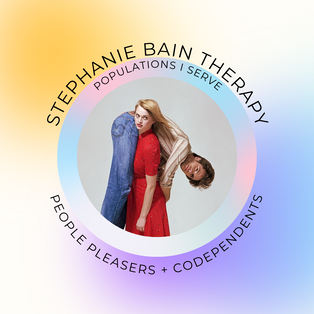|
"Caring for myself is not self-indulgence, it is self-preservation and that is an act of political warfare."
--Audre Lorde
0 Comments
“Love him and let him love you. Do you think anything else under heaven really matters?”
– James Baldwin "Gender and sexuality are so fluid. It's OK to change your mind a million times and figure out what works for you. It's OK to take your time."
— Amandla Stenberg "Nonmonogamous relationships allow for more flexibility and negotiation about how close, connected and involved partners want to be.”
― Jessica Fern, Polysecure: Attachment, Trauma and Consensual Nonmonogamy “I used to spend so much time reacting and responding to everyone else that my life had no direction. Other people's lives, problems, and wants set the course for my life. Once I realized it was okay for me to think about and identify what I wanted, remarkable things began to take place in my life.”
― Melody Beattie, The Language of Letting Go: Daily Meditations on Codependency “The existentially gifted are more likely to experience a high degree of existential angst. Being aware of the finite quality of life and their potential, they constantly feel compelled to move forwards. This can manifest as strong creative urges, but also as constant restlessness, anxiety and insecurity.”
― Imi Lo, Emotional Sensitivity and Intensity: How to manage emotions as a highly sensitive person "When working with sex workers in the therapeutic context, a resilience lens
highlights the importance of therapists not assuming the sex worker’s occupation is the reason for entering therapy...For those who are satisfied with their occupation, psychologists can instead develop interventions to prevent work-related mental health risks and coping mechanisms to handle stigma and oppression rather than assume pathology." -Burnes et.al, A Resilience-Based Lens of Sex Work: Implications for Professional Psychologists |
AuthorStephanie Bain, LMFT Archives
April 2024
Categories
All
***Resources are not a substitute for therapy and are not intended for making diagnoses or providing treatment. Not all practices and tools are suitable for every person. Please discuss exercises, practices, and tools with your individual therapist or health care provider.
|








 RSS Feed
RSS Feed